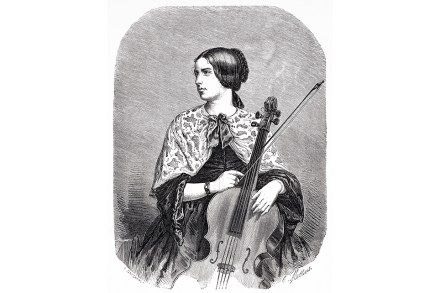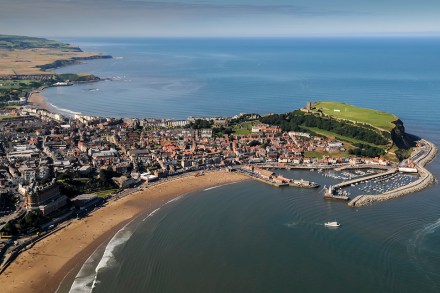Saved from certain death at Auschwitz – by playing the cello
Lead book reviewBees and mammoth bones, a shipwreck, horse urine (preferably female), a 17th-century craftsman and a 20th-century genocide. Playing an extended narrative game of Only Connect in her latest book, the musicologist Kate Kennedy takes a bird’s-eye view of four lives and five centuries as she turns her own instrument, the cello, into a prism. Part






























